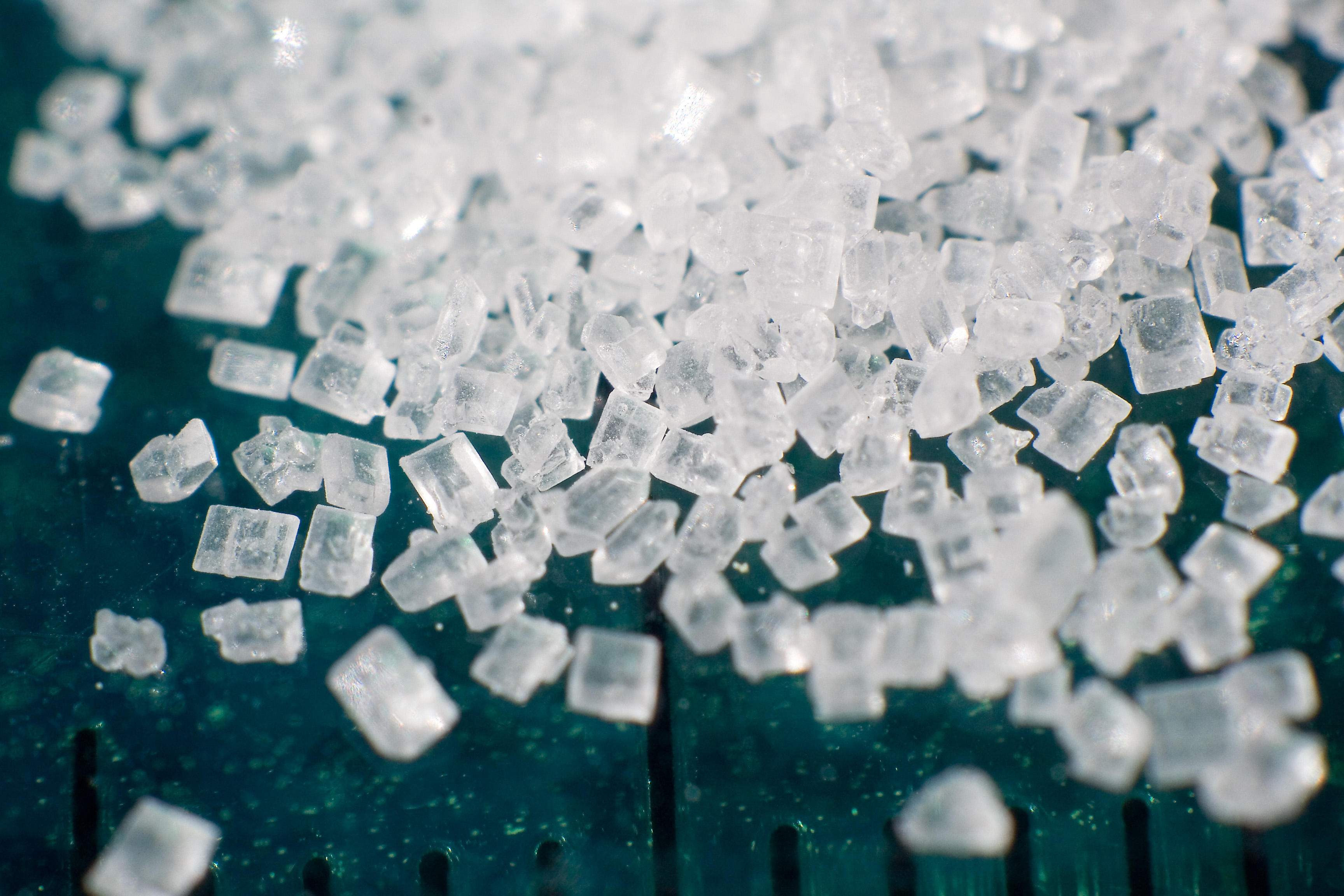11 Brain-Fog Culprits You're Consuming Without Realizing It
Brain fog is a term frequently tossed around to describe a hazy, unfocused mental state, but its roots and remedies are often elusive. This cognitive cloudiness can disrupt daily life, making simple tasks feel like Herculean challenges. While stress and lack of sleep are usual suspects, there are hidden influencers that might be affecting your mental clarity. This article delves into 11 often-overlooked factors that could be contributing to your brain fog, each linked to what you're unwittingly consuming. By understanding these influencers, you can make informed choices to clear the mental mist and reclaim your cognitive sharpness.
1. Processed Foods: The Silent Saboteurs

Processed foods are a staple in many diets due to their convenience. However, these foods often contain additives, preservatives, and artificial ingredients that can have detrimental effects on brain health. High levels of sugar and unhealthy fats found in processed foods can lead to inflammation, which is closely associated with cognitive decline. Studies have shown that a diet rich in processed foods can impair memory and learning abilities. Moreover, these foods often lack essential nutrients needed for optimal brain function. By reducing your intake of processed foods, you can decrease inflammation and improve cognitive clarity.
